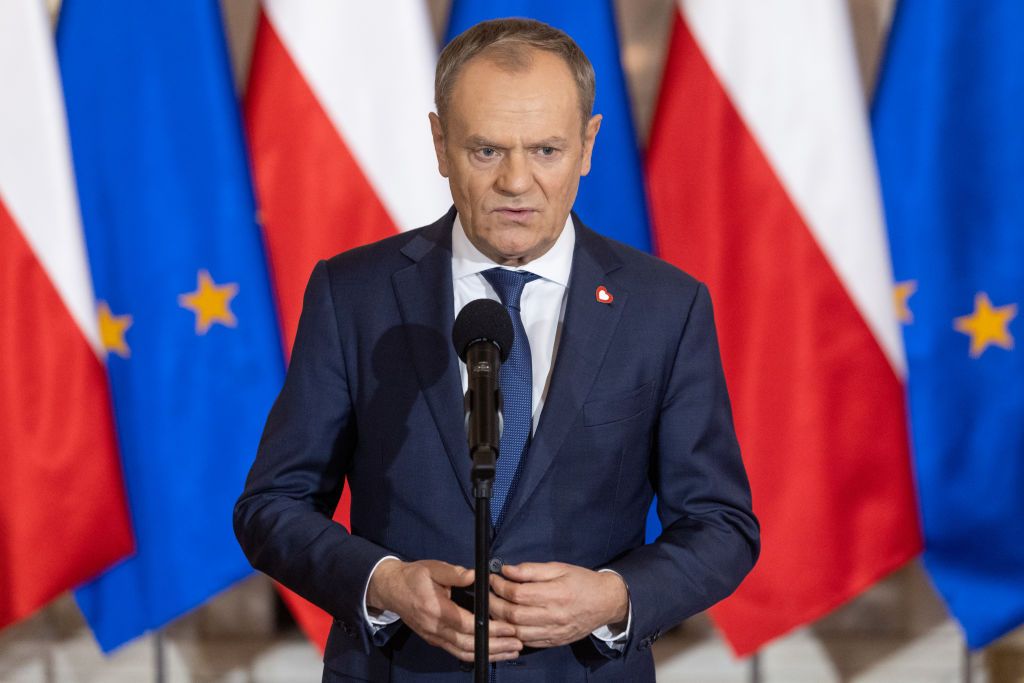Latvia Implements Import Ban on Agricultural Products from Russia and Belarus – Sky Bulletin
[ad_1]
In response to farmers’ protests, Latvia has decided to ban the import of certain agricultural and food products from Russia and Belarus starting March 8, following government approval on March 5.
The nation’s parliament had previously enacted the ban on February 22, addressing concerns over the substantial volumes of agricultural produce from the two countries entering Latvia.
Products such as vegetables, fruits, berries, nuts, grains, and various feed materials will be affected. Even goods of Russian or Belarusian origin that are shipped through third countries will be subject to this embargo.
A government statement highlighted Latvia’s immediate efforts to halt economic relationships with what it identifies as the “aggressor country” due to its proximity to Russia. The statement can be found here: Latvian government’s stance.
This move is seen as an extension of the European Union’s collective sanctions policy.
The influx of Russian agricultural goods has raised concerns not just in Latvia but across the EU, notably in light of the support for Ukraine amidst Russian hostilities.
Become a part of our community
Help sustain independent Ukrainian journalism by joining our efforts.
Make a contribution today.
For example, Lithuanian grain growers have experienced a market destabilization due to a surge in Russian goods, as over 3 million tons have been handled by Latvia and Lithuania in 2023 alone.
Furthermore, EU imports of Russian grain have spiked, as reported by Eurostat, showing a 22% monthly increase and a tenfold annual increase in 2023.
Concurrently, Poland’s Prime Minister Donald Tusk reported on March 4 plans to request EU sanctions against agricultural imports from Russia and Belarus, with Polish farmers voicing their discontent over the grain influx from these countries as well as Ukraine.
This situation has led to Poland ceasing imports of vital Ukrainian agricultural commodities such as grain, corn, and rapeseed, sparking protests within its agricultural sector.
Tusk: Poland to request EU sanctions on Russian, Belarusian agricultural goods
Polish Prime Minister Donald Tusk seeks EU sanctions on Russian and Belarusian agricultural products, aiming to address the concerns raised by Polish farmers.

FAQs
What type of goods does Latvia’s ban include?
The ban focuses on a range of agricultural and food products, encompassing vegetables, fruits, berries, nuts, cereals, raw materials for fodder, and ready-made fodder.
Why is Latvia imposing a ban on imports from Russia and Belarus?
Latvia’s measure is a response to the farmers’ protests against the large quantities of goods entering the country from Russia and Belarus and is intended as a way to cut economic ties with the countries it views as aggressors.
Does the ban also affect goods coming from third-party countries?
Yes, the Latvian ban also involves Russian or Belarusian goods that arrive from third-party nations.
Are any other EU countries considering similar bans?
Poland, for example, has spoken of proposing to the EU to extend sanctions to include Russian and Belarusian agricultural products and foodstuffs.
What impact has the import of Russian grain had on the EU?
The increase in European Union purchases of Russian grain has stressed some markets within the bloc, with imports reportedly up by 22% per month and by a factor of ten over the last year according to Eurostat.
Conclusion
Latvia has taken definitive action to curb the import of agricultural products from Russia and Belarus, adhering closely to the EU’s sanctions regime amid geopolitical conflicts. This decision reflects the concerns of domestic and regional farmers who are feeling the impact of market disruptions due to significant increases in imports of these products. As EU member states grapple with these challenges, the situation underscores the broader economic aftershocks of political tensions and the importance of agricultural stability within the region.
Note: The post content above has been created based on the most recently available information and has been carefully adapted to maintain the original meaning and context. TheUBJ is not the originator of the news content, rather utilizing AI news feed technology to rewrite and present various sources information, while the provided link to the Kyiv Independent gives credit to the initial source of the news content.
[ad_2]
